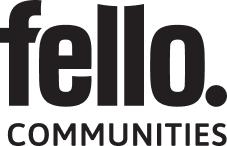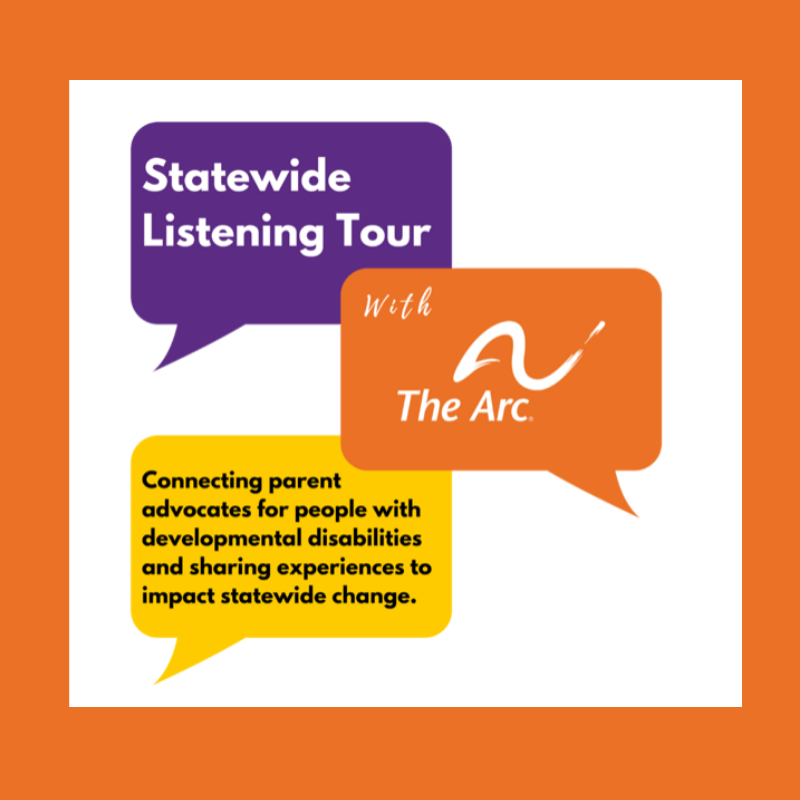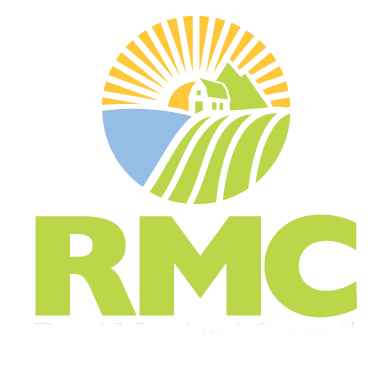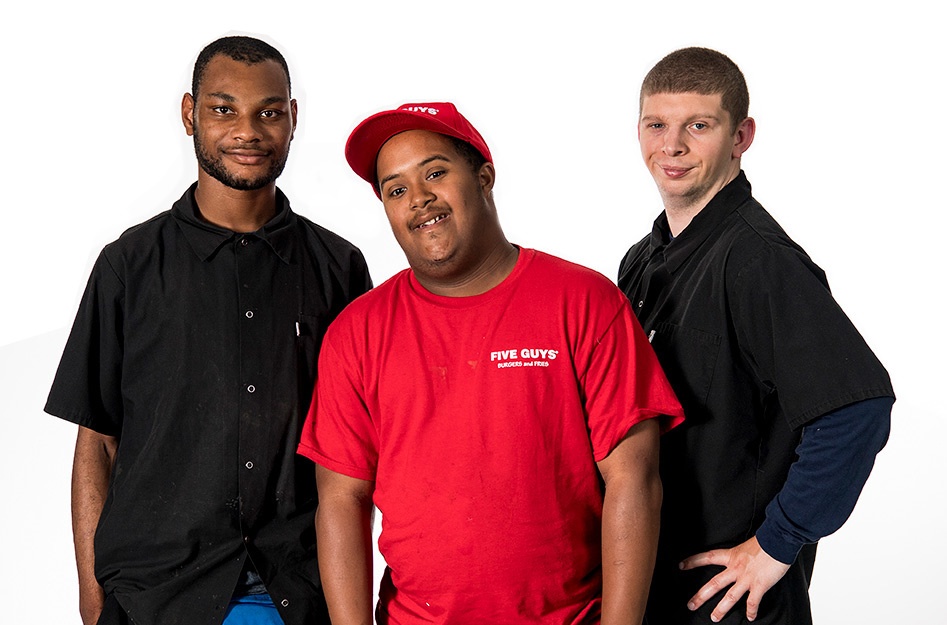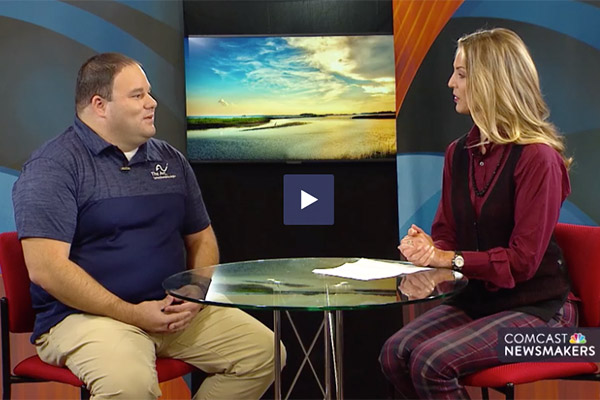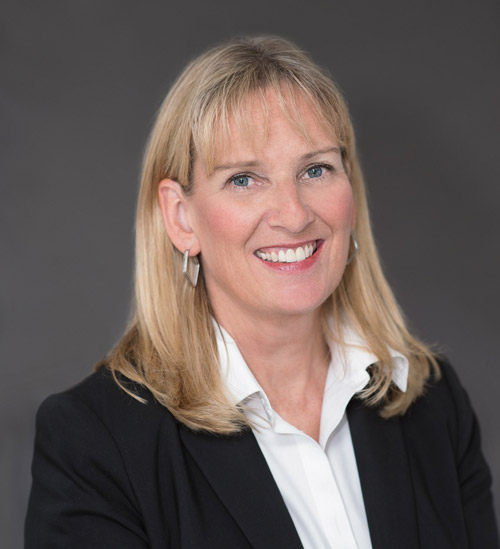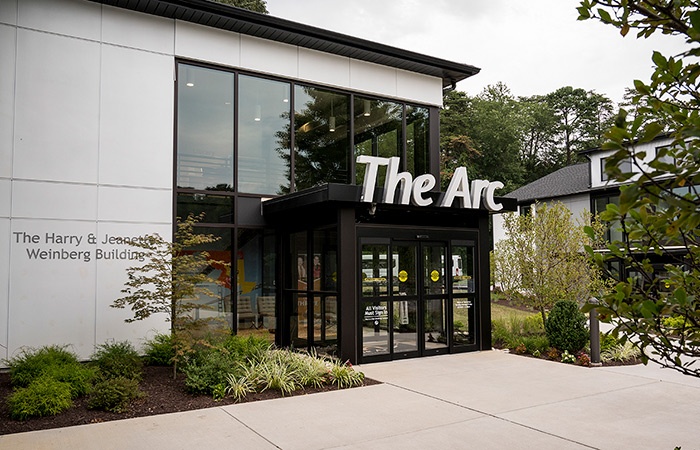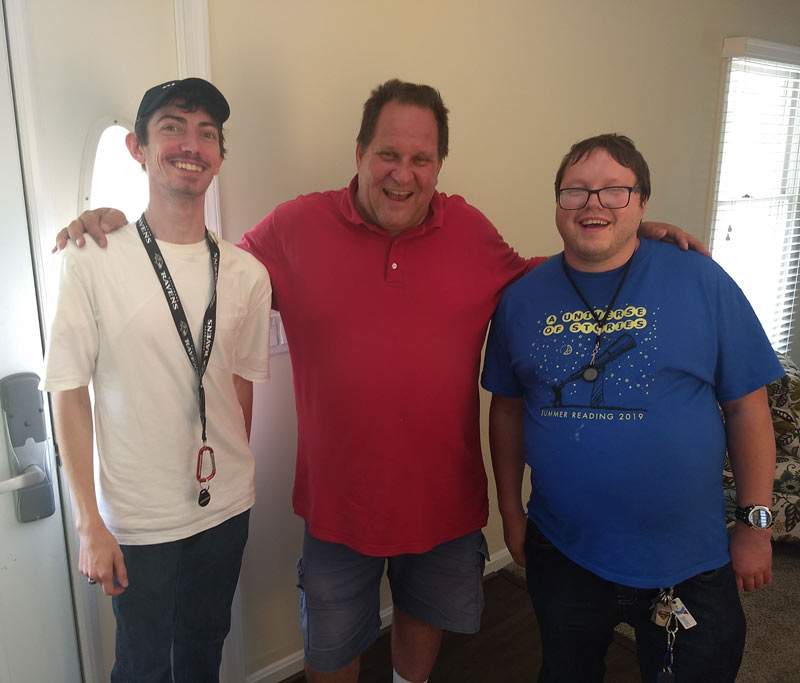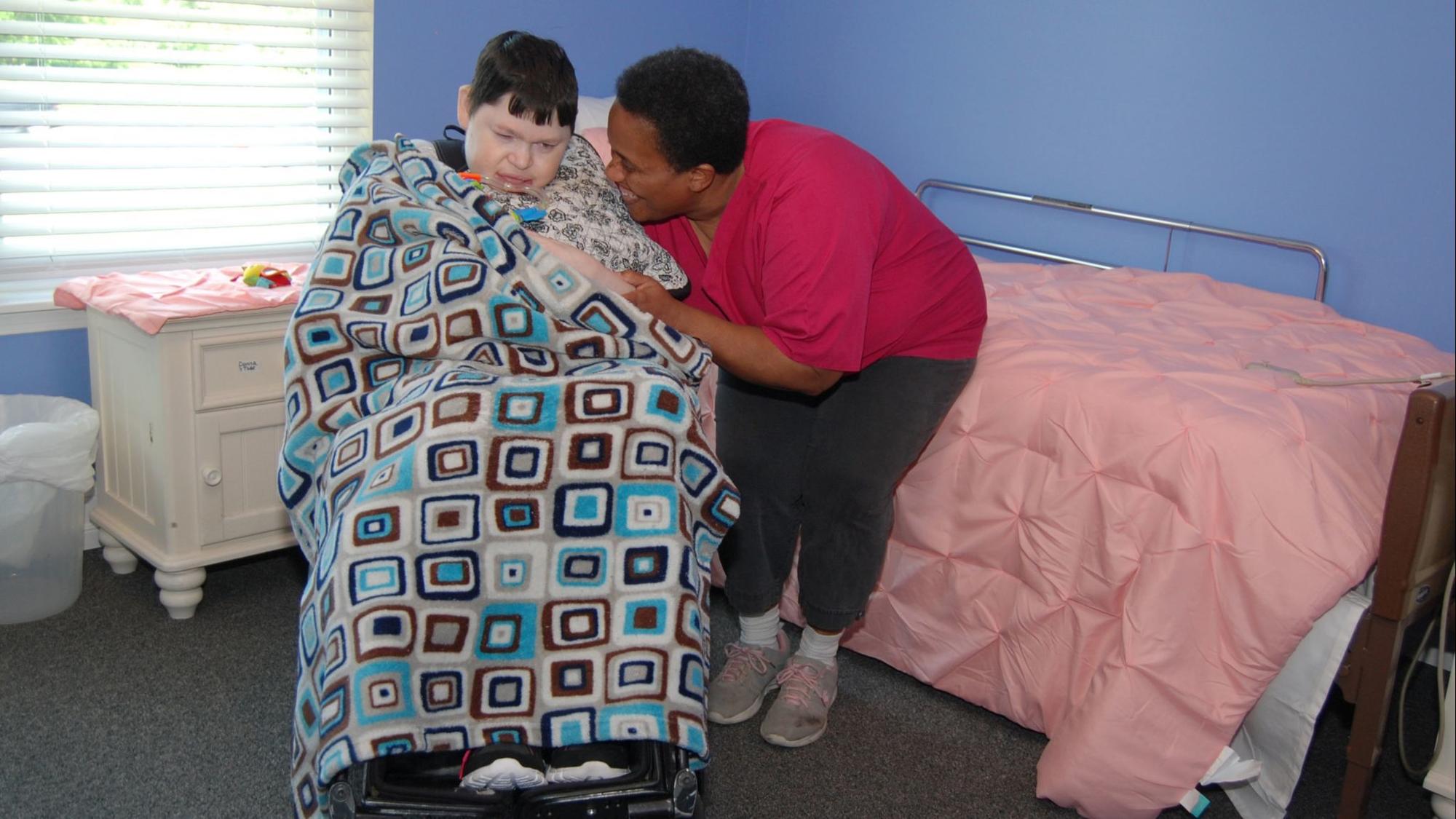SEVERN, MD, (December, 23, 2019) CEO Jonathon Rondeau today announced a significant change in starting salaries for Direct Support Professionals. Direct Support Professionals (DSPs) provide the services, supports, and expertise that help people with a disability live, work, play, and thrive in the community. At The Arc, Direct Support Professionals comprise 85 percent of the workforce.
Says Rondeau, “Our top two strategic initiatives are to provide seamless support for people with intellectual and development disabilities throughout the arc of their life and to sustain a valued, engaged workforce that feels a sense of purpose in their roles. When what you do changes someone’s life, you know it, and that is a terrific reward. However, The Arc’s Board of Directors and I are committed to developing living wages for Direct Support Professionals- wages that recognize the importance and value of the work they do.”
Beginning January 1, 2020, the minimum wage in Maryland increases to $11 per hour, with additional increases slated through 2025. “We’re not waiting,” says Chief Program Officer Matthew Morgan.
Beginning December 29, The Arc will hire Direct Support Professionals at $13 per hour. Additionally, any Arc Central Chesapeake Region Direct Support Professional currently making less than $15 per hour will receive a $1.50 per hour raise. Morgan continues, “As an agency, we can’t achieve our vision of equity and access for people with a disability without an excellent team of motivated professionals, so we’re working to reflect that value.”
For more information about The Arc CCR, please visit: www.thearcccr.org
About The Arc Central Chesapeake Region
The Arc Central Chesapeake Region provides services and supports to people with intellectual and developmental disabilities through living options, workforce development and fiscal management services. Serving Anne Arundel County and the Eastern Shore of Maryland, The Arc provides an innovative, person-directed approach across the arc of a person’s life with a focus on equity and self-determination.
About Direct Support Professionals
There’s no specific map to follow, no checklist, no one set of universally applied supports that creates a successful life for anyone, and the same is true for people with a disability. Because of that need for flexible, creative, and no assumptions thinking, Direct Support Professionals (DSP) are the linchpin to an engaged and community-connected life for people with intellectual and developmental disabilities. These professionals are tasked with significant responsibilities every day. DSPs can help manage health and medical needs as well as employment-related supports like assisting in a job search, application process, and interview preparation. A DSP can help people in their personal care, with meal planning, shopping, cooking, and getting to appointments and activities with friends. Their focus is on helping people with a disability achieve the life they envision, a life of happiness, meaning, and engagement. Direct Support Professionals are the connector and facilitator in helping people with a disability thrive in the community.

